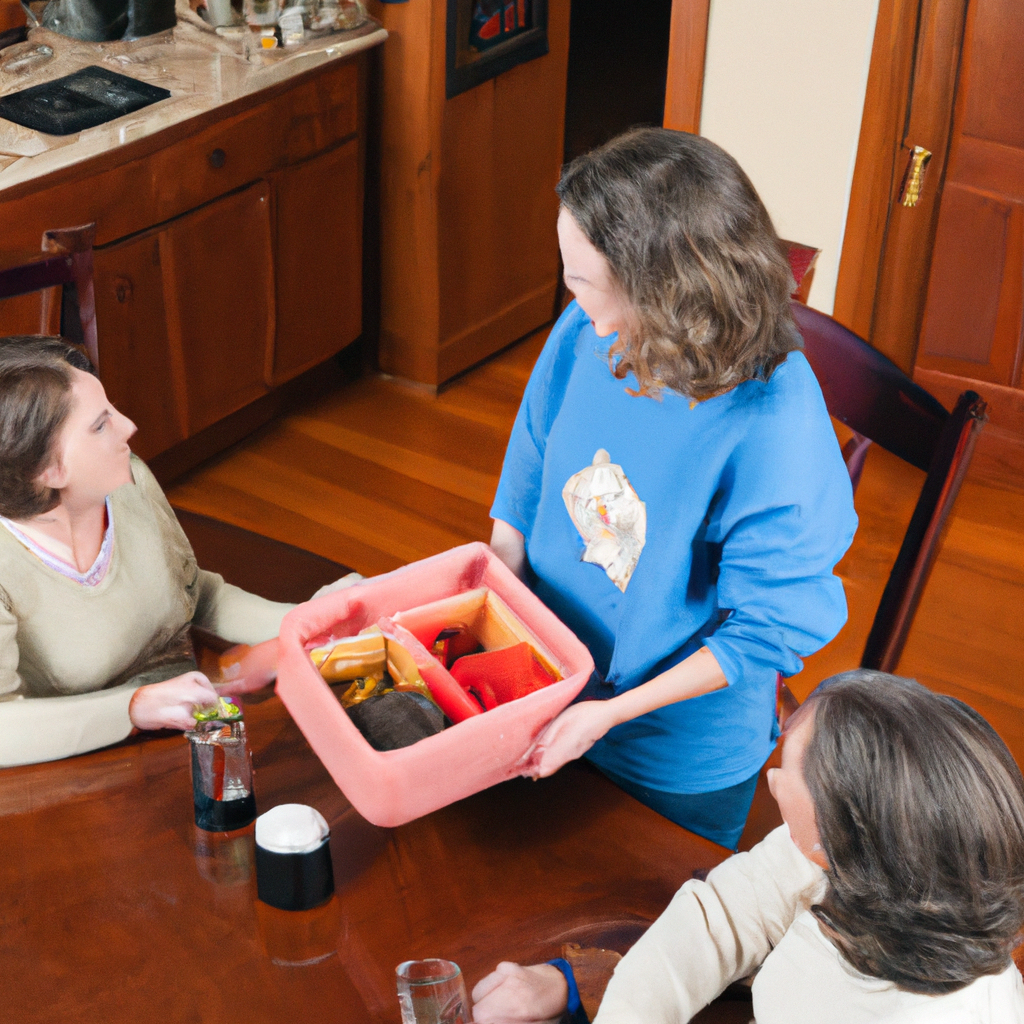Foster Care And Adoption Needs Following A Hurricane

Foster Care and Adoption Needs Following a Hurricane
Introduction
When a hurricane hits, the damage can be devastating. It affects not only homes and infrastructure but also families and communities. In particular, children can be severely impacted by hurricanes, as they may lose their homes, their belongings, and even their family members. In the aftermath of a hurricane, there is often a significant need for foster care and adoption services to support these vulnerable children.
The Immediate Need for Foster Care
Emergency Shelters
When a hurricane is approaching, local authorities may evacuate residents to emergency shelters that can provide temporary housing. These shelters often have limited space and resources, making it challenging to accommodate everyone. Children who are separated from their parents or guardians in the chaos of the evacuation may be taken into temporary foster care until they can be reunited with their families. These emergency foster care placements are essential for ensuring the safety and wellbeing of all children affected by the hurricane.
Disrupted Families
Even after the hurricane has passed, many families may be unable to return to their homes due to the extent of the damage. In some cases, they may have to relocate permanently, leaving their children behind with relatives or friends. If these arrangements are unstable, or if the child's caregiver cannot provide for their needs, then the child may need to be placed in foster care. The demand for foster care services typically increases following a hurricane, as many children become separated from their families or are unable to return home due to damage or displacement.
Influx of Evacuees
When a hurricane strikes, people from affected areas may seek refuge in neighboring communities or other parts of the country. As a result, there may be an influx of evacuees who need temporary housing, including families with children. Foster care agencies may need to provide emergency placements to accommodate these children until their families can find more permanent housing outside the affected area or return home.
The Role of Adoption in Hurricane Recovery
The Need for Permanent Homes
For some children, foster care may not be a viable long-term option. In cases where the child's parents are unable to provide a safe and stable home environment, or if the child has been placed in foster care for an extended period of time, adoption may be necessary to provide a permanent home.
Challenges Faced by Adoptive Families
Adopting a child who has been affected by a hurricane can present unique challenges. These children may have experienced trauma, loss, and displacement, which can affect their emotional and behavioral development. Adoptive families will need to be prepared to provide the support and care needed to help the child adjust to their new home and family. They may also need to navigate legal and bureaucratic hurdles, as well as healthcare and education systems, that have been disrupted by the hurricane.
The Benefits of Adoption for Hurricane-Impacted Children
While adoption may not be the right choice for every child affected by a hurricane, it can provide a stable and permanent home for those who need it. Adoptive families can provide a loving and supportive environment that helps children heal from the trauma of the hurricane. By adopting a child affected by a hurricane, families can also make a positive contribution to their community's recovery efforts.
Frequently Asked Questions
-
What are the requirements for becoming a foster parent or adoptive family?
The requirements for becoming a foster parent or adoptive family vary by state and agency. Prospective foster parents and adoptive families will need to undergo background checks, home visits, and training. They will also need to demonstrate that they can provide a safe and stable home environment for the child.
-
How long does it take to become a foster parent or adoptive family?
The process of becoming a foster parent or adoptive family can take several months to a year or more, depending on the individual circumstances and requirements of the agency and state. Prospective families will need to be patient and persistent throughout the process.
-
What kind of support do foster families and adoptive families receive?
Foster families and adoptive families may receive financial assistance, medical care, and counseling services to help support the child's needs. They may also receive training and support from social workers and other professionals.
-
What are some challenges faced by children in foster care or adoption following a hurricane?
Children in foster care or adoption following a hurricane may have experienced trauma, loss, and displacement, which can affect their emotional and behavioral development. They may also face disruptions to their education, healthcare, and social support networks.
-
How can I support foster care and adoption efforts following a hurricane?
You can support foster care and adoption efforts by volunteering with local agencies, donating funds or resources, or advocating for policies that protect the rights and welfare of children affected by hurricanes.
Conclusion
The impact of hurricanes extends far beyond physical damage and destruction. It also affects families and communities, particularly children who are vulnerable to the trauma and instability caused by these natural disasters. Foster care and adoption services play a crucial role in supporting these children by providing temporary or permanent homes that can help them heal and recover. While the challenges faced by foster families and adoptive families following a hurricane can be significant, their efforts can make a positive difference in the lives of those affected. By supporting foster care and adoption efforts, we can help ensure that hurricane-impacted children have the opportunity to grow up in safe and stable environments.
Thank you for taking the time to read this article. We encourage you to share your thoughts and experiences in the comments section below. Remember to subscribe to hurricaneinsider.org for more informative articles about hurricanes and their impact.

Deja una respuesta